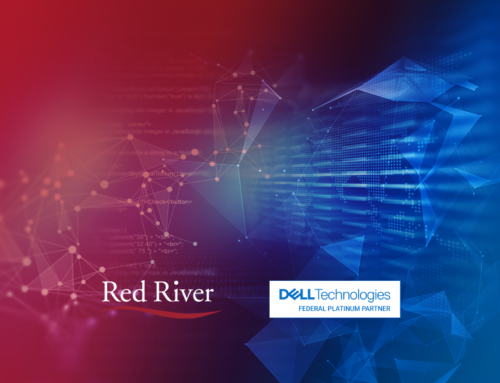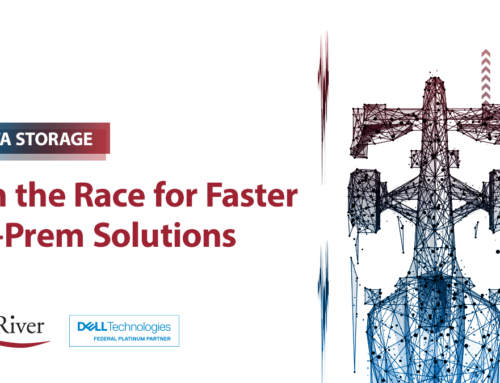
What Does “Secure Data Storage” Look Like in the Next Decade?
Where is your organization’s data stored? Modern organizations like businesses and government agencies use an incredible array of technology for their enterprise data storage: user endpoints such as smartphones and tablets, SaaS solutions, on-premises servers, data warehouses and more.
As technology (and privacy concerns) evolve, so does our picture of secure data storage. Let’s look at what’s to come for the next decade of data storage security.
Shoring up the data cloud
Cloud storage will remain increasingly important as it provides flexibility, scalability and cost savings. But the way that we manage data on the cloud may change. Data integrations may connect with dozens of apps, and data management can grow unwieldy. As we move into the next decade, we must think more about disaster recovery and data curation.
Going back to private and local
Even as more companies are working toward data integration, data warehousing and content lakes, some may be intelligently embarking upon hybrid data solutions. Controlling content under an on-premise, on-demand model improves regulatory compliance, especially when that data doesn’t necessarily need to be exposed. While a secure cloud storage model can be as secure as a local deployment, there are still issues of human error.
Reactions to quantum computing

Quantum computing has seen a surge in development over the past few years, and it is expected to become increasingly important for government data storage. Quantum computers can quickly process complex tasks that would otherwise take current hardware ages to finish. This makes them extremely valuable when dealing with ever-growing data sets and algorithms. But a major issue is that quantum computing can also break modern cryptography standards. New standards and regulations have been introduced to counter this.
As processing power increases, old cryptography standards are cracked. When encryption breaks, previously stolen data can be accessed. If a hacker steals data with ransomware today, they may be able to crack it when quantum computing improves in 10 years. If that data includes personally identifiable information, it will be just as relevant in 10 years as it is today.
Data archiving and deletion
Increased privacy concerns and personal privacy controls will mean that all companies must cast an eye toward data archiving and deletion, potentially on a grander scale. This is even more true if companies operate internationally, specifically with the European Union. Presently, many companies hold on to far larger volumes of data than they strictly need. As we move into an era of secure data storage, it’s more likely that companies will start carefully curating their data.
The next decade of secure data storage with Red River
We have a lot of data to manage. But it can be managed more effectively through both processes and technology.
At Red River, we have experts and specialists dedicated to exploring the newest standards in secure data storage and enterprise data. Our government and enterprise data solutions – like Dell PowerScale, the world’s most flexible scale-out NAS solution – are designed to meet current needs and compliance both today and into the future.
Data is changing. The way that we look at data is evolving. If you want to learn more about secure data storage and enterprise data security, contact us today.

written by
Corrin Jones
Corrin Jones is the Director of Digital Demand Generation. With over ten years of experience, she specializes in creating content and executing campaigns to drive growth and revenue. Connect with Corrin on LinkedIn.




